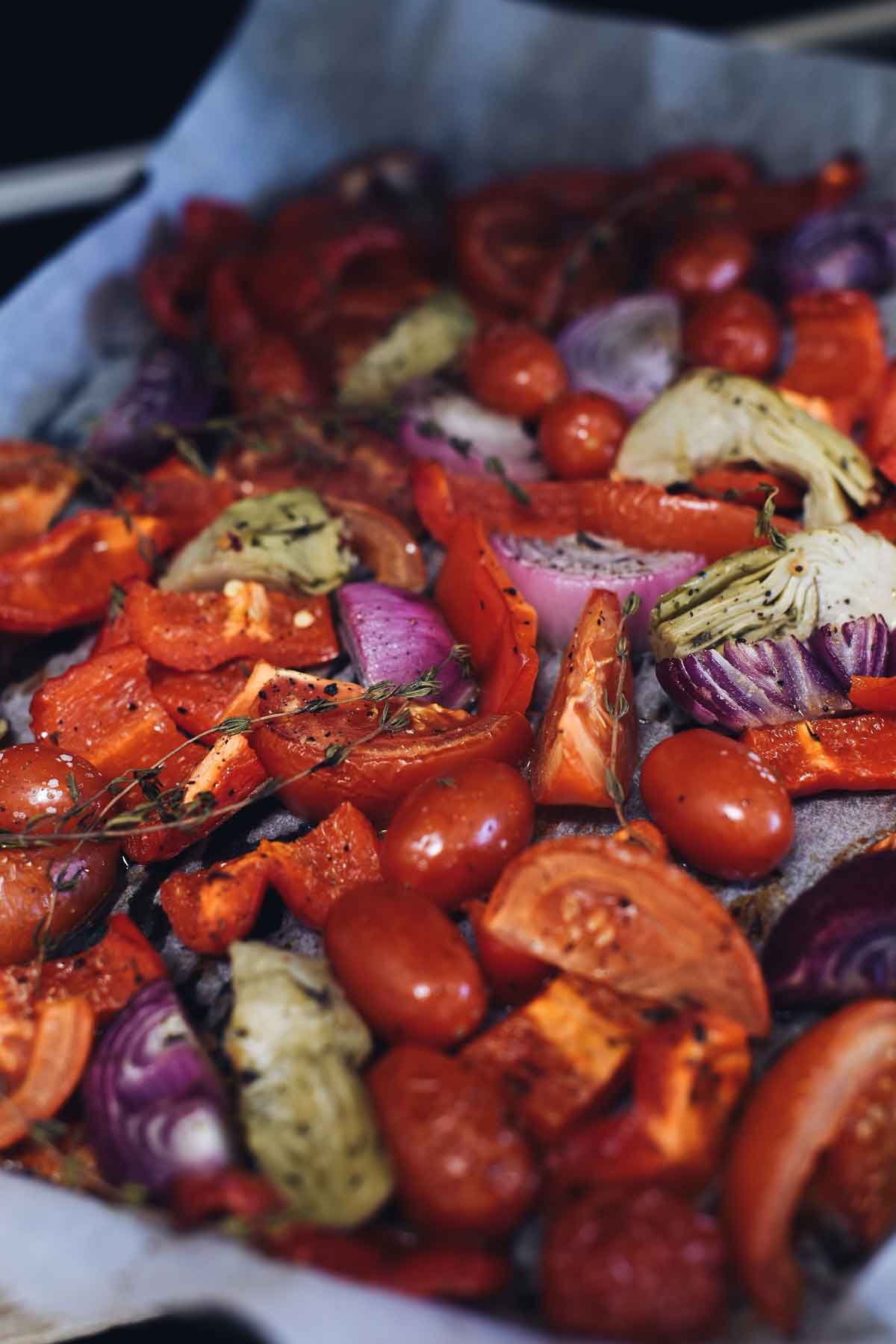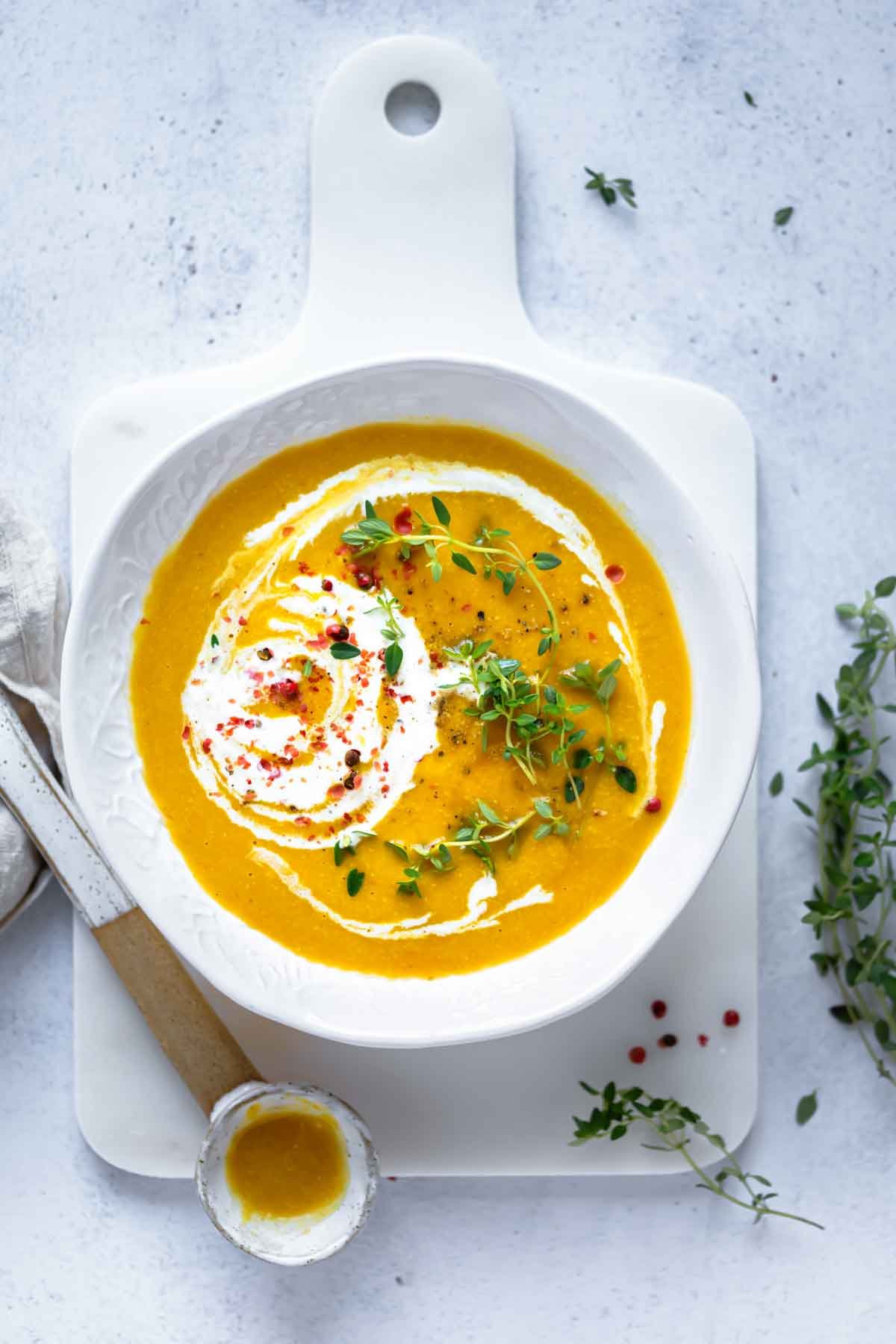Reducing Food Waste: Portioning and Leftovers
In today's world, where food scarcity and sustainability are pressing concerns, it is crucial to address the issue of food waste. According to the Food and Agriculture Organization (FAO), approximately one-third of all food produced globally is wasted each year. This wastage not only squanders valuable resources but also contributes to environmental degradation. However, by adopting mindful practices such as proper portioning during meal preparation and utilizing leftovers, we can play an active role in reducing food waste. In this article, we will explore the benefits and strategies associated with these practices.
The Importance of Portion Control
Portion control is a fundamental aspect of meal preparation that can help minimise food waste. Often, individuals tend to overestimate the amount of food they need, leading to excess servings that are ultimately discarded. By practicing proper portion control, we can ensure that we prepare and consume only what is necessary, reducing unnecessary waste.
One effective way to achieve portion control is by measuring ingredients accurately. Using kitchen scales, measuring cups, and spoons can help us gauge the appropriate quantities required for each dish. Additionally, following standardised serving sizes recommended by dietary guidelines can aid in achieving a balanced and nutritious diet while minimizing excess food production.
Benefits of Utilising Leftovers
Utilising leftovers is another crucial strategy for reducing food waste. Instead of discarding unused food, we can transform it into new and exciting meals, extending its shelf life, and reducing the need for additional ingredients. Not only does this practice minimise waste, but it also saves time, money, and resources.
Leftovers can be repurposed in numerous creative ways. For example, leftover vegetables can be used in soups, stir-fries, or omelets. Similarly, excess cooked meat can be incorporated into sandwiches or salads. By employing a little creativity in the kitchen, we can breathe new life into leftover ingredients and enjoy delicious meals while reducing our environmental impact.
Strategies for Effective Utilisation of Leftovers:
To maximise the use of leftovers, several strategies can be implemented:
Meal planning: Plan meals in advance, taking into account potential leftovers and incorporating them into subsequent dishes. This approach ensures that no food goes to waste and allows for efficient use of ingredients.
Proper storage: Store leftovers in airtight containers in the refrigerator or freezer to maintain freshness and prevent spoilage. Clearly label and date the containers to keep track of the remaining shelf life. This way, you can easily identify and utilise leftovers before they go bad.
Batch cooking: Prepare larger quantities of food that can be enjoyed over several meals. This not only saves time but also ensures that all ingredients are utilised efficiently. Portion out the leftovers into individual servings for quick and easy meals throughout the week.
Reinventing dishes: Transform leftovers into entirely new meals by adding different seasonings, sauces, or vegetables. This not only adds variety to your diet but also reduces monotony in eating the same meal repeatedly. For example, leftover roasted chicken can be transformed into a flavourful chicken salad with the addition of some herbs, mayonnaise, and chopped vegetables.
Donation and sharing: If you find yourself with excess food that you cannot consume, consider donating it to food banks, shelters, or local community organisations. Sharing with neighbours, friends, or colleagues is also an excellent way to minimise food waste while fostering community spirit. Instead of throwing away perfectly good food, it can be shared with those in need.
Composting: If you have food scraps that cannot be consumed or repurposed, consider starting a compost bin. Composting allows organic waste to be transformed into nutrient-rich soil, which can be used in gardens or for plant cultivation. This not only diverts waste from landfills but also contributes to sustainable gardening practices.
Reducing food waste is a collective responsibility that requires a shift in our attitudes and behaviors. By incorporating proper portioning during meal preparation and utilising leftovers effectively, we can significantly contribute to this important cause. These practices not only reduce food waste but also have economic and environmental benefits. By being mindful of the food we consume and minimising waste, we can take a step towards a more sustainable and responsible future. Let us embrace these strategies and encourage others to join us in this crucial endeavor. Together, we can make a substantial impact and create a world where every meal counts.
This article will explore the key principles and strategies for adopting smart food shopping habits, empowering you to make healthier choices while saving money.
In this article, we will explore the myriad benefits of food shopping lists and how they can revolutionise your approach to grocery shopping.
Preparing an outdoor table in a garden for a festive occasion can be a fun and exciting task. Whether it's a birthday celebration, a family gathering, or a summer soirée, a well-decorated table can set the tone for the entire event.






